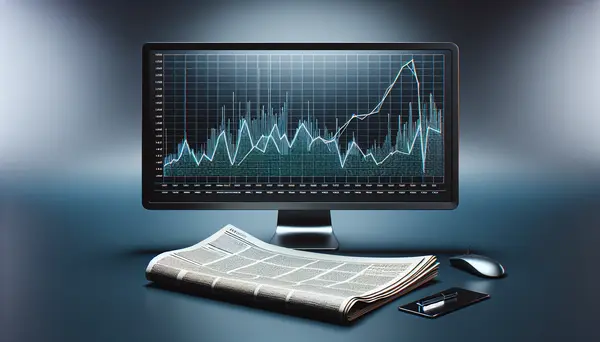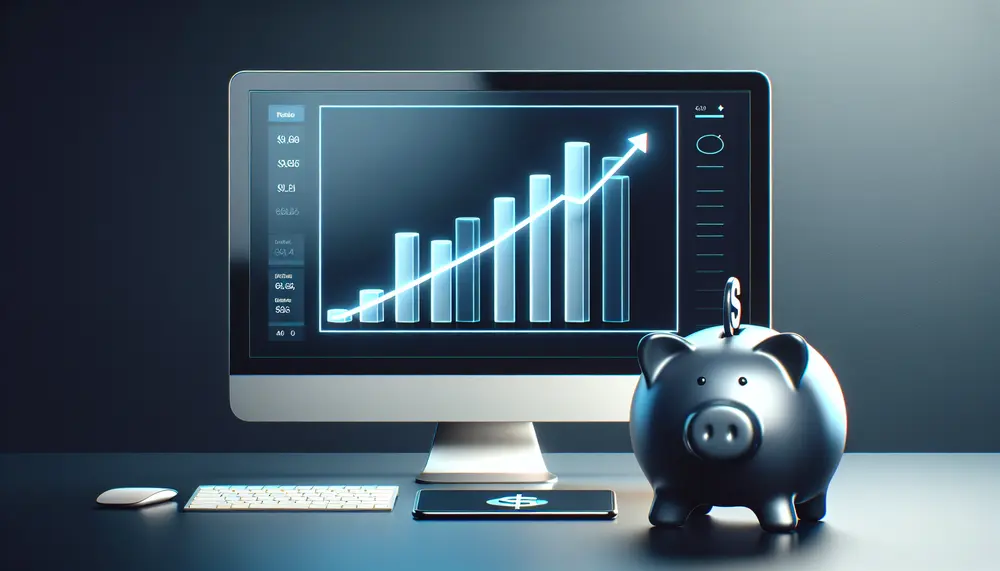Unveiling the Concept of Market Value
When it comes to the realm of trading, the term Market Value is something you'll come across frequently. Simply put, Market Value refers to the price that a particular asset, such as a stock or bond, would fetch in the current market. It is the value agreed upon by a willing buyer and seller, presuming both have complete knowledge of the asset and neither is under any force to buy or sell.
The Significance of Market Value in Trading
Market Value is of utmost importance in trading as it represents the so-called "fair price" at which a trader can buy or sell an asset. An asset's market value is constantly changing based on supply and demand dynamics, economic indicators, and other market variables. This fluctuating nature of Market Value creates opportunities for traders to profit from price variations.
Understanding How Market Value is Determined
Determining Market Value is not a straightforward process. It encompasses variables like the asset's intrinsic value, prevailing market conditions combined with supply and demand levels, future growth projections and investor sentiment. Market Value shifts in real-time as these factors change. Hence, traders constantly monitor market movements, to evaluate an asset's value at any moment.
Applying Market Value to Trading Strategies
Traders typically use the concept of Market Value in their trading strategies. For instance, a trader may decide to buy an asset when its price is less than its perceived market value, expecting its price to rise over time. On the other hand, if the market price is higher than what the trader perceives as the asset's market value, they may decide to sell, foreseeing a future drop in the price.
Market Value: A Vital Component of Trading
To sum up, Market Value is a staple concept in the trading landscape. Traders need to grasp its mechanics and use it as the cornerstone for making profitable decisions. Understanding how market value fluctuates provides insights that cannot be overlooked in the world of trading. The skill to assess and respond to these fluctuations can be the difference between profit and loss in the volatile trading market.
















